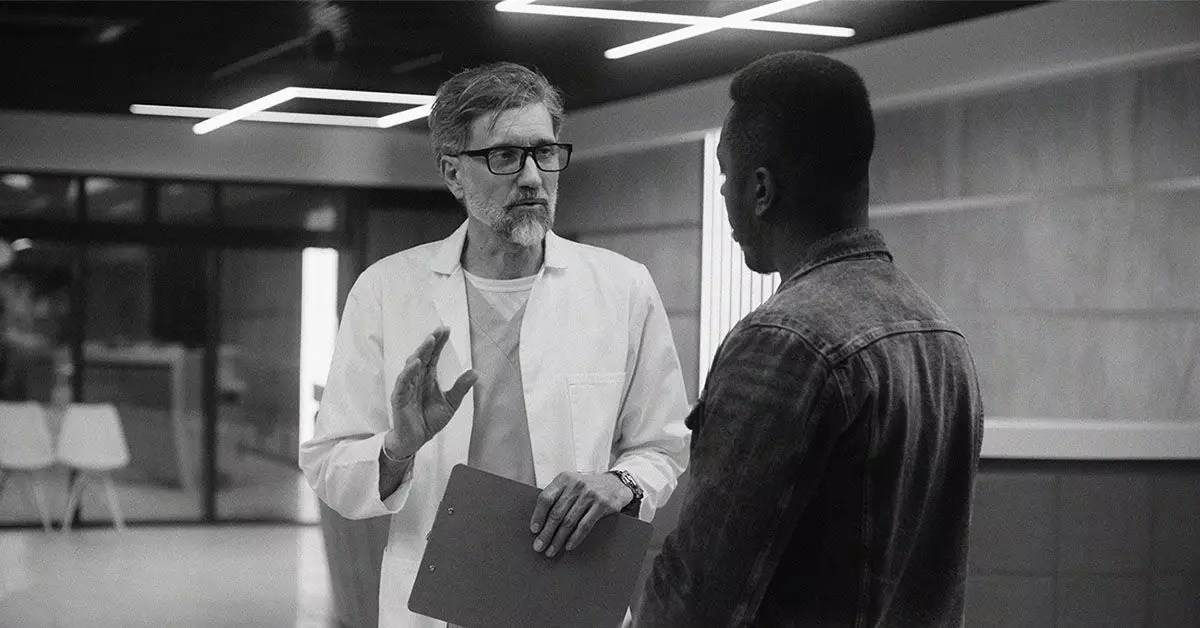Testicular cancer is a type of cancer that primarily affects young and middle-aged males. The average age of diagnosis is around 33 years old, but it can occur earlier or later in life. According to the American Cancer Society, about 6% of cases are diagnosed in children and teenagers, while around 8% occur in individuals over the age of 55. Testicular cancer is most commonly found in males aged 20-39, with the peak incidence between 25 and 34 years of age.
One of the key factors in detecting testicular cancer early is regular self-checks. These checks involve feeling the testicles for lumps or any unusual changes. It is recommended that males perform self-checks after puberty, especially if they have certain risk factors such as cryptorchidism or testicular carcinoma in situ. These individuals may need to perform regular self-checks and have their doctor monitor for any signs of testicular cancer.
Methods of Diagnosing Testicular Cancer
Doctors use various methods to diagnose testicular cancer, including physical and medical exams, scrotal ultrasound, and blood tests. These tests help identify any abnormalities in the testicles and determine if further investigations are necessary. Testicular cancer can spread quickly, so early detection is crucial for successful treatment.
While testicular cancer can be fatal, it is very rare for individuals to not survive the disease. Around 1 in 5,000 people with testicular cancer do not survive, but with early detection and treatment, the prognosis is generally excellent. Testicular cancer is considered highly curable if caught at an early stage, making self-checks and regular doctor visits essential for males of all ages.
Testicular cancer is a type of cancer that primarily affects young and middle-aged males. It is crucial for individuals to be aware of the risk factors associated with testicular cancer and to perform regular self-checks to detect any abnormalities early. By being proactive about their health and seeking medical attention if they notice any concerning symptoms, males can increase their chances of successful treatment and survival.

